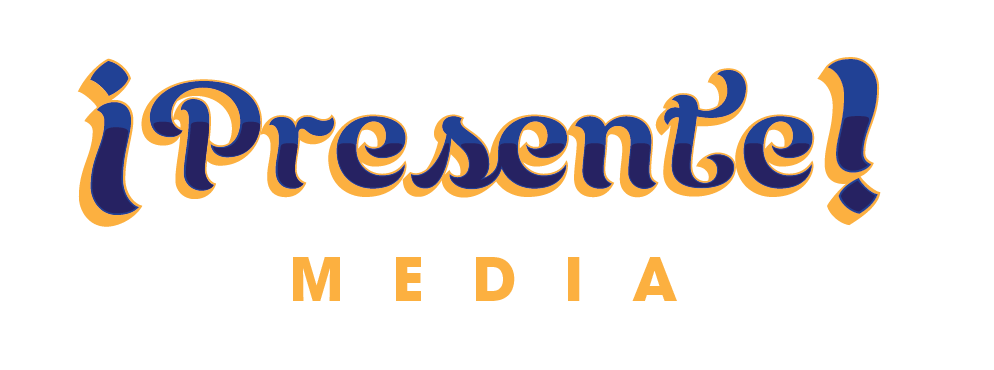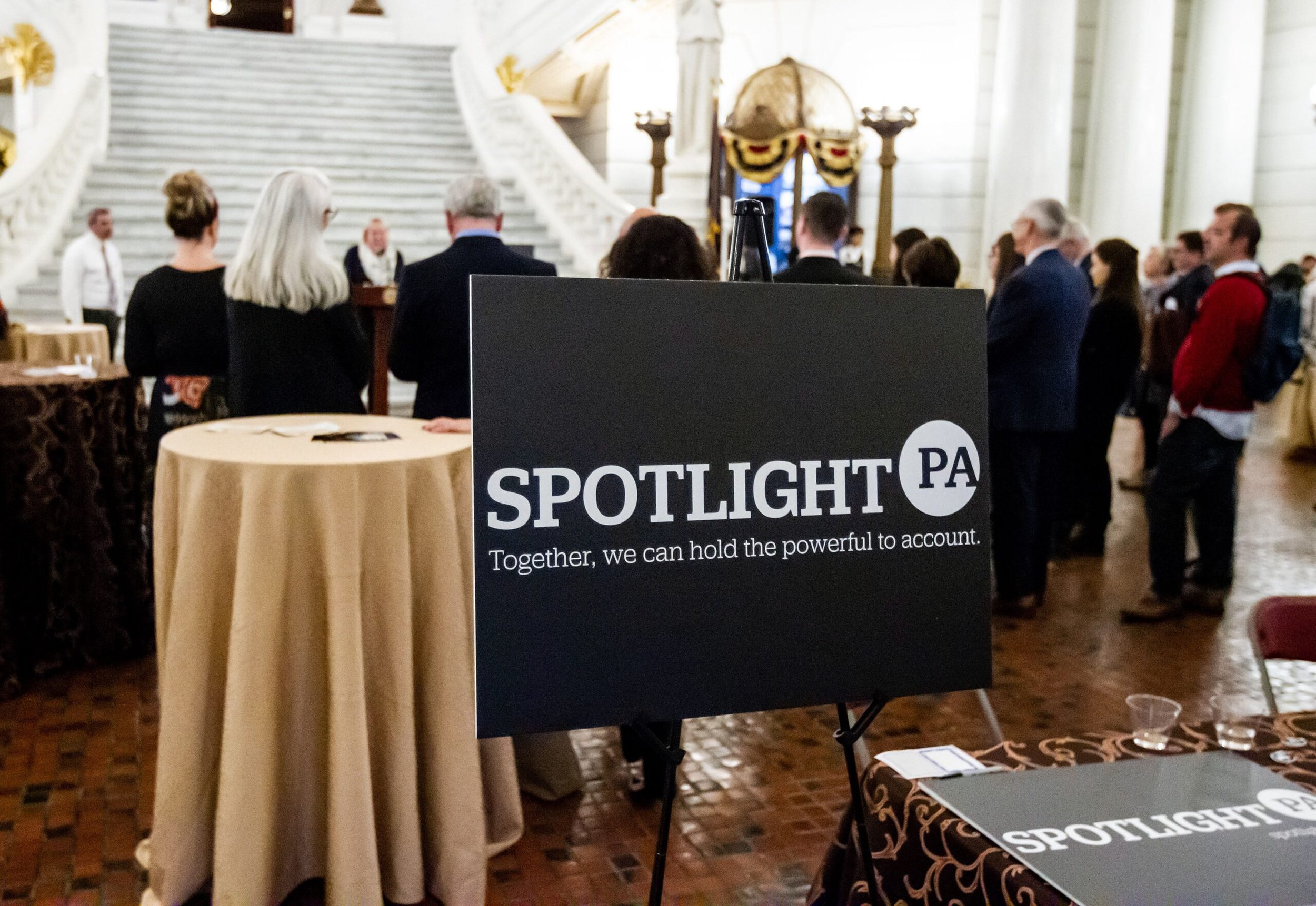How Philly’s mayoral candidates plan to combat the opioid crisis in Kensington
BY JENNIFER HERNANDEZ ON OCTOBER 26, 2023
Philadelphia Mayoral Candidates Cherelle Parker and David Oh (¡Presente! Media)
The 2023 Philadelphia mayoral election is less than a month away and Philadelphians are eager to hear how the city’s next mayor will address pressing issues impacting the community, especially the open-air drug market.
According to the City of Philadelphia, the Philadelphia Department of Public Health recorded 1,413 unintentional overdose deaths last year, with a rise in fatalities among Black (87% increase) and Hispanic (43% increase) individuals from 2018 to 2022.
Democratic mayoral nominee Cherelle Parker and Republican mayoral nominee David Oh discussed their plans to address the opioid epidemic in Kensington during a private discussion with Tina Stankiewicz, a fentanyl, heroin, and tranq recovering addict with ties to the Kensington community, and Frank Rodriguez, a recovering heroin addict and addiction advocate, moderated by ¡Presente! Media multimedia producer Kianni Figuereo, a Kensington native.
“A whole lot of people are going to be upset if I become the mayor because cleaning up Kensington in a very visceral, tangible, and a physical way is essential,” said Parker during the discussion. “Stopping and shutting down the open-air drug market and ensuring that open-air use on the street is not allowed... And we will have a police department who will make sure that it enforces the law.”
Tina grew up in Philadelphia and started using drugs at 12 years old after her father, an ironworker, was injured and prescribed oxycontin. The DC 21 painter is approximately four years clean and believes more resources, especially rehabilitation and wound care, are needed. But she wonders if the Philadelphia Police Department has sufficient applicants to meet the recruitment demand.
As part of Parker's public safety plan, the Neighborhood Safety and Community Policing Plan, she will hire 300 additional foot and bike patrol officers to foster relationships with the community that, she says, “quite frankly, has been torn apart because of a lack of trust because [of] all of the misuse and abuse of power and authority that we've seen from law enforcement in the past.”
David Oh argued that Kensington is “a product of bad policy” and will promote regular patrolling and well-equipped law enforcement using up-to-date technology, including drones.
Tina questioned the effectiveness of drones in combating crime, noting that the Philadelphia Police have helicopters, street surveillance, officers, and undercover law enforcement on the streets. Oh cited the shortage of police officers, and those in specialized units are understaffed, ensuring that drones will be “force multipliers” not only for the police department but also for accidents and L&I enforcement.
Although last month, the Philadelphia Police Department's recruiting efforts amassed the largest enrolled class of new officers in more than five years—93 new enrollees of both recruits and officers The Inquirer reports that it is “not likely to make up for the police shortage any time soon.”
New drug plagues Philadelphia
The newest drug on the market, Xylazine, or “Tranq,” a powerful animal tranquilizer often mixed with fentanyl, causes severe wounds in those seeking treatment, affecting their potential to receive care due to behavioral and medical criteria assessments.
The Philadelphia Department of Public Health (PDPH) distributed 54,036 doses of naloxone to communities last year alone, however because tranq is an analgesic and not an opioid, naloxone (Narcan) does not reverse its effects.
Tranq is an emerging threat with limited scientific research on its effects on the human body. Philadelphia's Opioid Response Unit released its latest action plan to prevent overdoses in the city and expand the Kensington Hospital Wound Care to treat xylazine-related wounds.
To address this, Parker says that medical professionals' involvement is imperative in the decision-making process and that “we have to decide whether or not we are going to force commitment to health care and mental health and behavioral health supports that are involuntary.”
To not deplete the resources that Oh says "we don't have," he intends to bill the home state of the residents incurring services in Philadelphia.
“We have lost too many Philadelphians to the overdose crisis," said Mayor Jim Kenney in a 2022 statement. "That's why we are trying new and novel ideas to help save lives. The Naloxone Near Me Towers from Dispension, Inc. are exactly the type of bold response we need. With these Towers, we can ensure that life-saving naloxone is available 24 hours a day in areas that need it.”
Born in Brooklyn, New York, Frank said that his journey with addiction was not easy, as is often the case among drug-dependent individuals. Before becoming an addict, he was a drug dealer.
“So I've seen the effects from that side and always told myself I'd never get involved with drugs,” he explained. “My mother was killed in 2004. I had to identify her body in the coroner's office. Two days later, [I] took a pill that a family friend said to take, that it would help me get some sleep, and that led to a heroin addiction.”
Frank has been recovering from addiction for the past seven years and shares that people are addressing tranq as if it were heroin.
“We're not dealing with the same addicts. Heroin was a scale of one or two,” he said. “Now, we're dealing with a ten or a 15 because of the new drugs. The drugs have evolved, and I believe the treatment has to evolve to be effective.”
Oh's approach will vary depending on the drug dependency the individual is facing, adding, “There's a money-making aspect to not only drug dealing but drug recovery and drug treatment” that needs to be taken into account when considering solutions.
As a native of Kensington, Kianni questioned the candidates on the area's sizable Latine population and what message it conveys about how the city perceives the residents to allow such a crisis to continue.
“They deserve to have a quality of life that doesn't allow it to in any way become what folks perceive as being normalized behavior [of] that particular community,” said Parker. “They deserve clean streets. They deserve a thriving commercial corridor and quality public education.”
Similarly, Oh addressed Frank's inquiry about the type of services available to residents by reiterating his plan to have more “visible law enforcement” because “gun violence and murder is the thing on people's mind, the danger.” He added that having drones would monitor illegal dumping and ensure “no more illegal tractor-trailers.”
Below are time stamps following Kianni Figuereo’s interview with Cherelle Parker and David Oh.
Cherelle's Plan Overview, Topics, and Time Stamp:
Cleaning up Kensington Overview: 2:20-4:14
Treatment options and involuntary treatment: 4:36–6:44
A similar approach to Quetcy Lozada, 7th District Councilwoman Approach: 7:06–8:29
Treatment alternatives: 15:31–17:19
Wound Care and Safe Injection Sites: 8:36-10:55; 12:38-15:02
Increase police officers: 17:42–19:39
Kensington Latine community neglected: 20:04-23:18
Final remarks: 23:18–24:23
David's Plan Overview, Topics, and Time Stamp:
Cleaning up Kensington Overview: 3:08-5:37
Increase police presence and drones: 5:43–7:46
Incarceration and treatment/wound care: 7:47–11:40
Rehab accessibility: 12:10–14:44
Safe injection sites: 14:47–18:16
Kensington residents: 18:17-21:16
Kensington Latine community neglected: 21:17–23:25
Final remarks and comments: 23:27–24:00
This article is a part of Every Voice, Every Vote, a collaborative project managed by The Lenfest Institute for Journalism. Lead support is provided by the William Penn Foundation with additional funding from The Lenfest Institute, Peter and Judy Leone, the John S. and James L. Knight Foundation, Harriet and Larry Weiss, and the Wyncote Foundation, among others. To learn more about the project and view a full list of supporters, visit www.everyvoice-everyvote.org. Editorial content is created independently of the project’s donors.












